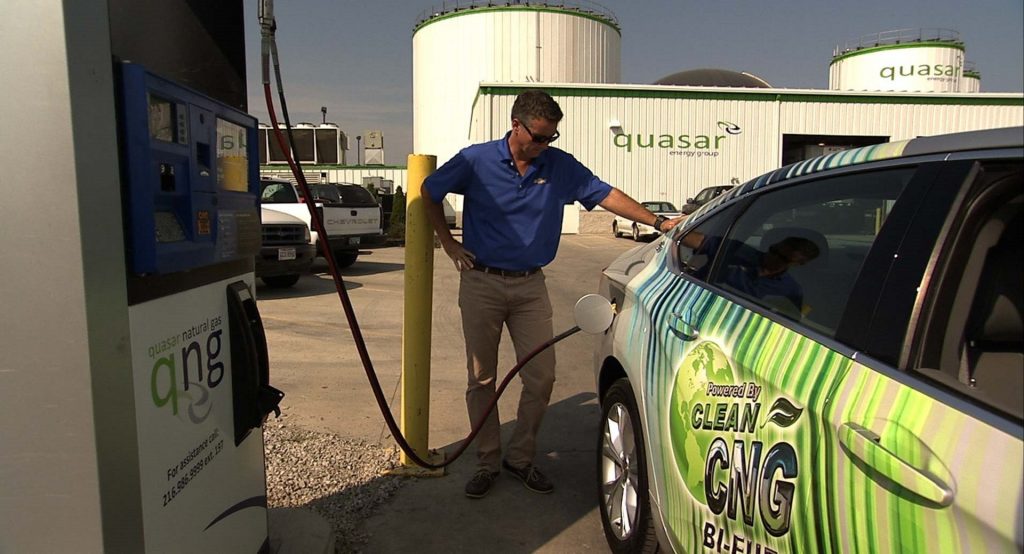There’s a war going on in the U.S. for quite some time now between 13 states and the federal government. And it could get ugly, so the parties involved are trying to find a solution.
According to Reuters, the California Air Resources Board (CARB), the EPA and the Federal Transportation Department are going to hold a video conference on Thursday, November 15, to discuss this issue.
In late September, California announced that it, along with 12 other states, wouldn’t comply with the new, more lax fuel economy standards proposed by President Trump’s administration. Instead, they voted to stick to the original standards established by the Obama administration in 2012, and would go as far as suing the EPA.
“While we continue to work to keep a single national program, California will act to ensure strong standards are in place in California through 2025 and beyond to help us meet our climate targets and protect public health,” said CARB Chair Mary D. Nichols.
“Today’s vote by the Board ensures that California and 12 other states will not fall victim to the Trump administration’s rollback of vehicle standards should its proposal be finalized.”
This raised major concerns in the automotive industry, as those 13 states account for more than a third of total light passenger vehicles’ sales in the U.S. annually.
The Safer Affordable Fuel-Efficient Vehicles Rule, which was announced in August, stipulates a corporate average fuel economy rating of 37 mpg (6.3 lt/100 km) – a far cry from Obama’s rating of 54.5 mpg (4.3 lt/100 km).
This battle has been brewing for quite some time, with California governor Jerry Brown saying at a news conference that Trump is “taking steps to destroy the American automobile industry”, and the government threatening to freeze fuel efficiency standards after 2020 and revoke California’s right to set its own standards.
Understandably, automakers are deeply concerned and want a compromise. The majority wants a softening of the Obama standards, but don’t openly back Trump’s plan, despite the administration claiming that it would reduce their costs by more than $300 billion in the next 10 years.




